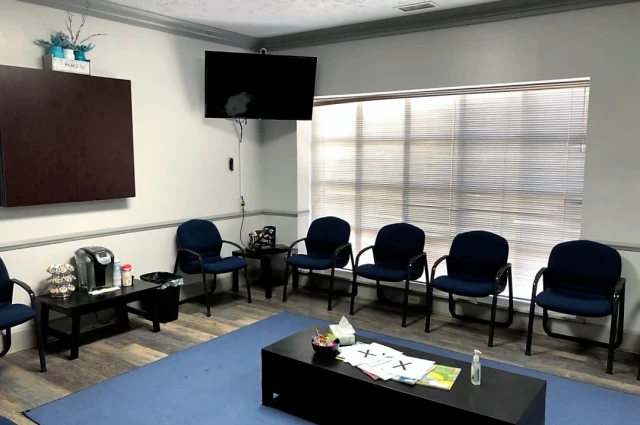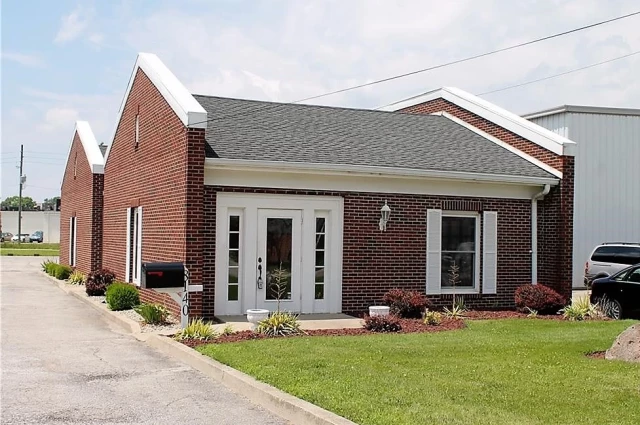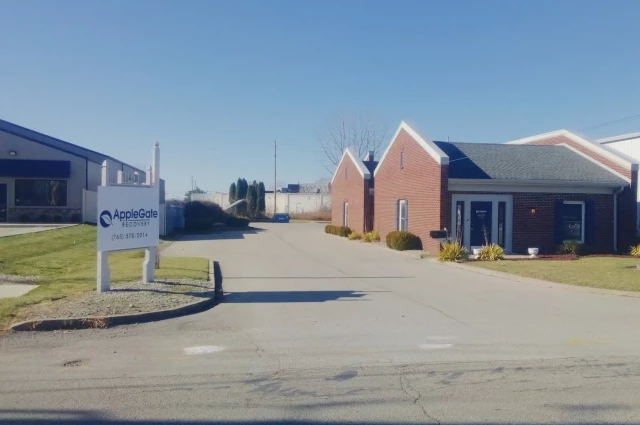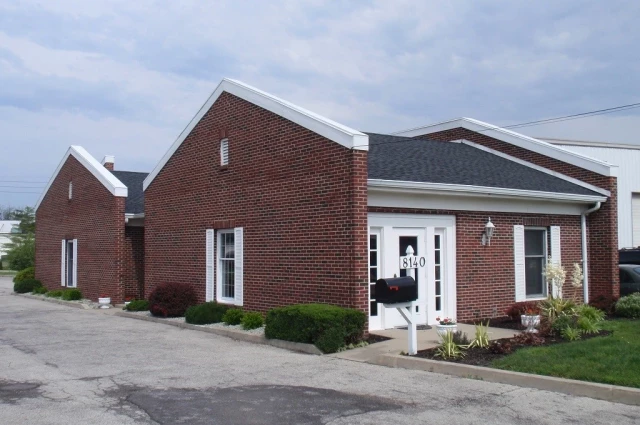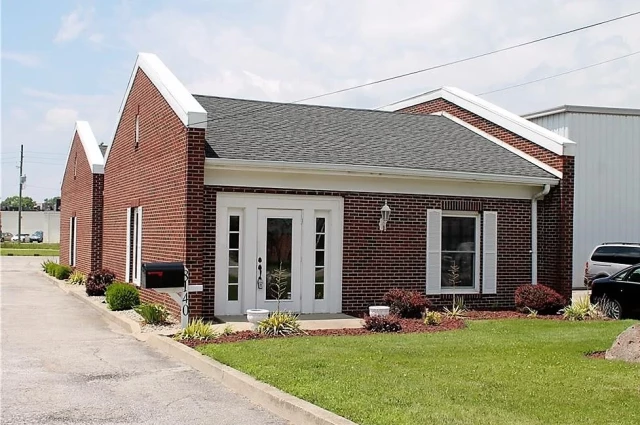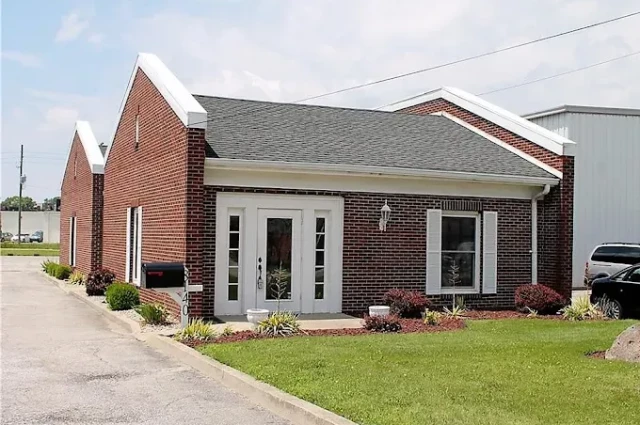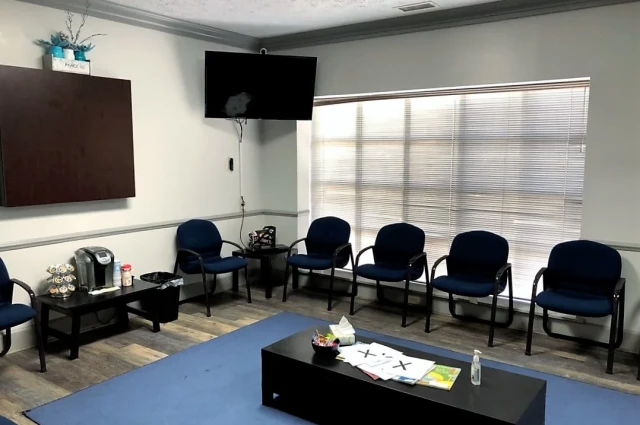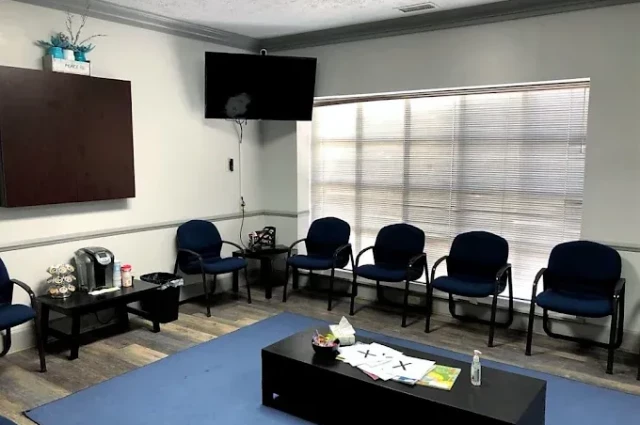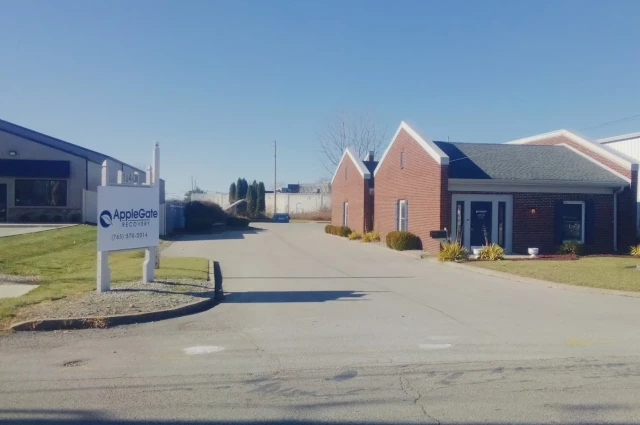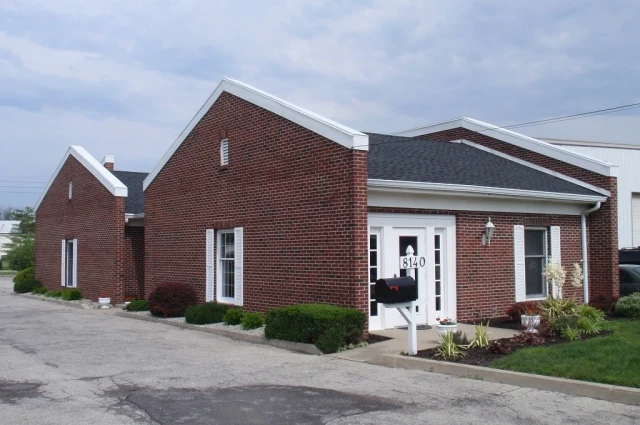AppleGate Recovery Information
Treatment
Who We Treat
- Male and Female
- Pregnant/Postpartum Women
- Pregnant Women
Treatment Focus
- Opioids
- Medication-Assisted Treatment
- Pregnant Women
Approaches
- Individual Treatment
- Evidence-Based
- Medical
- Group Therapy
- 1-on-1 Counseling
- Medication-Assisted Treatment (MAT)
- Online Therapy
Substances We Treat
- Prescription Drugs
- Heroin
- Opioids
Languages
- English
Level of Care
- Outpatient
- Virtual & In-Home Care
Experience
Special Considerations
- Wheelchair Accessible
Smoking and Vaping Policy
- Smoking Allowed
- Vaping Allowed
Accreditations
-
State department of health
Government agencies issue State Licenses, granting permission to rehabilitation organizations to conduct their business operations lawfully within specific geographic regions. Generally, the particular rehabilitation programs offered by a facility and its physical location dictate the necessary licenses needed for legal operation.

-
Commission on Accreditation of Rehabilitation Facilities (CARF)
CARF accreditation is a prestigious recognition for organizations in rehabilitation and human services. It signifies that an organization meets rigorous quality standards and is committed to providing top-notch care. Achieving CARF accreditation involves a thorough evaluation process, including on-site surveys, to ensure excellence in programs and services. This accreditation boosts an organization's credibility, assures clients and funders of quality, and promotes ongoing improvement in the field of rehabilitation and human services.

AppleGate Recovery Accepts The Following Insurance Plans
Find the best treatment options. Call our free and confidential helpline today!
